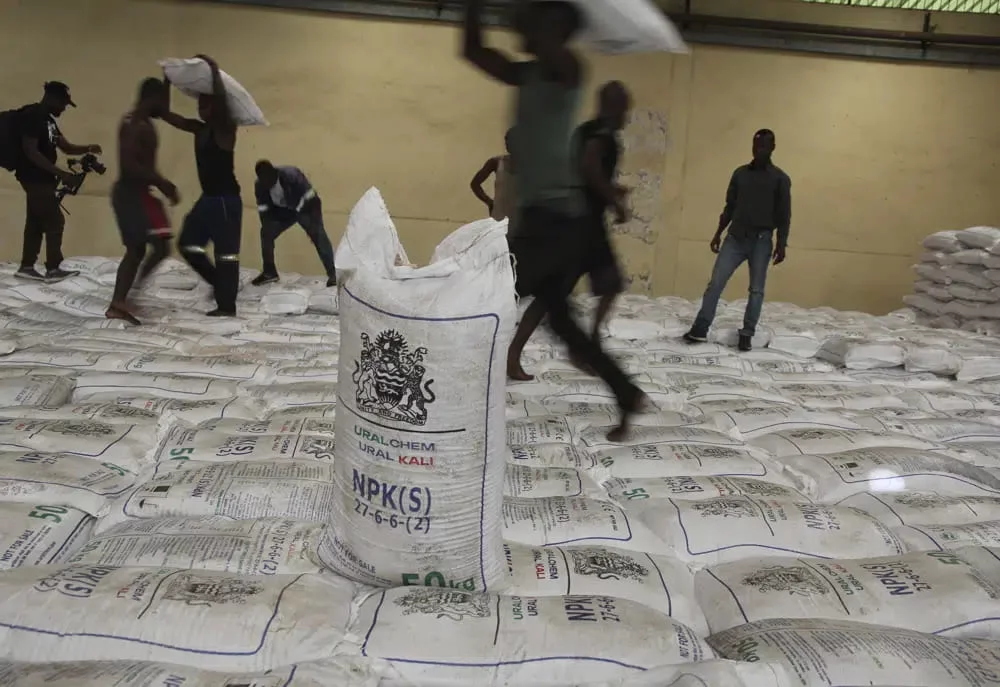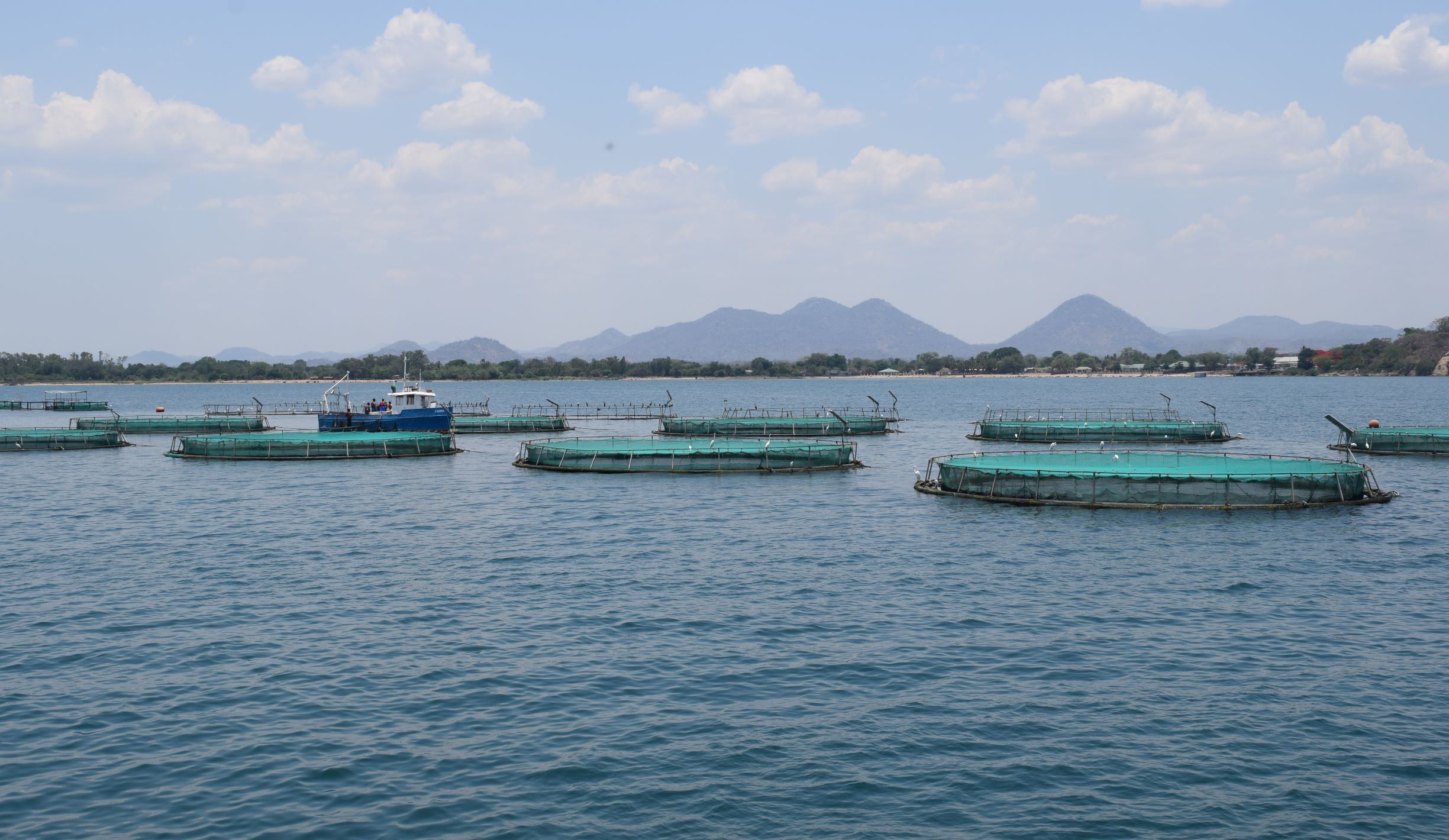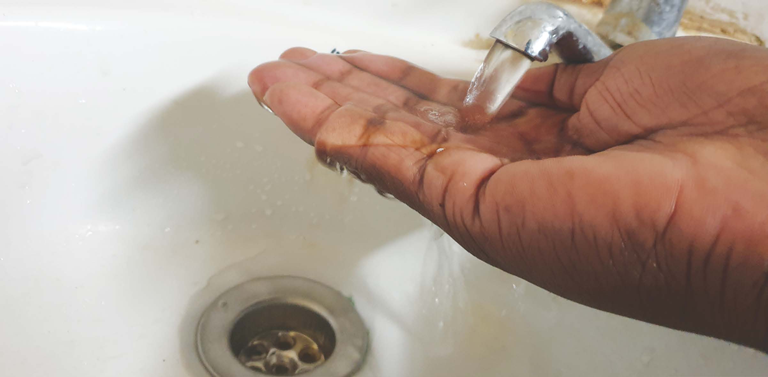AIP woes deepen
Ministry of Agriculture has come under fire over the management of logistics for Affordable Inputs Programme (AIP) as the country faces a fertiliser deficit of 75 806 metric tonnes (MT) with rains around the corner.
The Parliamentary Committee on Agriculture has wondered how government is unable to secure fertiliser for the taxpayer-funded AIP when some companies in the country have excess stock to the point of selling the commodity to Zambia.

During a meeting with Smallholder Farmers Fertiliser Revolving Fund of Malawi (SFFRFM) at Parliament Building in Lilongwe yesterday, committee chairperson Sameer Suleman claimed that in the past three weeks, some fertiliser companies have been selling the product to Zambia.
He did not mention the companies, but said the fertiliser is coming from warehouses in Liwonde, Machinga. The claim was corroborated by other members of the committee.
Said Suleman: “The Ministry of Agriculture is sleeping on the job. Zambia has seen that there is fertiliser in Malawi and they are buying it.
“Why can’t we buy this fertiliser to be used for AIP? We want to import fertiliser and we are also complaining of forex challenges when there is already fertiliser in the country that we can buy?”
He expressed fear that any further delays in sourcing fertiliser will result in a failed AIP and a raw deal for both taxpayers bankrolling it and beneficiaries.
Responding to the concerns, Ministry of Agriculture Principal Secretary Dickxie Kampani said the fertiliser being sold to Zambia is not for AIP.
“Private suppliers have fertiliser for commercial purposes and it will take forex for government to get the fertiliser,” he said.
However, Kampani admitted that AIP has not rolled out as expected, saying the ministry hopes to roll out the programme by the third week of October.
“I understand your position. You must be getting pressure from your constituents on when the AIP will be starting. We are trying our best to make sure we start the programme as soon as possible,” he said.
The programme was initially expected to roll out on September 1 this year.
On fertiliser availability, Kampani said the fertiliser that suppliers have brought into the country is under collateral and can only be released upon issuance of letters of credict.
He said SFFRFM, a State agency involved in the distribution of AIP fertiliser, has in stock 19 225MT, but it is under collateral management; hence, cannot be drawn until paid for.
Kampani said another 37 747MT of fertiliser is in suppliers’ warehouses, but it too can only be drawn after making payment.
SFFRFM can readily draw about 16 385MT of carry over stock in its warehouses, the meeting learnt.
Kampani said in total there is 73 358MT fertiliser for AIP against a national AIP requirement of 149 164MT for the 1.5 million beneficiaries.
He said government will roll out the AIP using the available stocks while working to clear the other fertiliser.
SFFRFM chief executive officer Richard Chikunkhuzeni said if government had provided the money for AIP soon after the 2023/24 National Budget was passed in March and provided foreign exchange cover, the country would have had all the fertiliser for AIP by now.
In an interview later, Fertiliser Association of Malawi executive administrator Mbawaka Phiri said the association has not heard of any company exporting fertiliser.
However, she said sometimes fertiliser for Zambia goes through Malawi and that blenders in the country also get orders from Zambia.
In February this year, President Lazarus Chakwera promised a timely AIP after his Tonse Alliance’s flagship campaign promise has been marred by inefficiencies since its roll out in 2020.
Government allocated K109 billion for implementation of AIP. Of the money allocated, K102 billion is for fertiliser, K6.562 billion for seeds, K0.585 billion for goats and K0.67 billion is for logistics.





